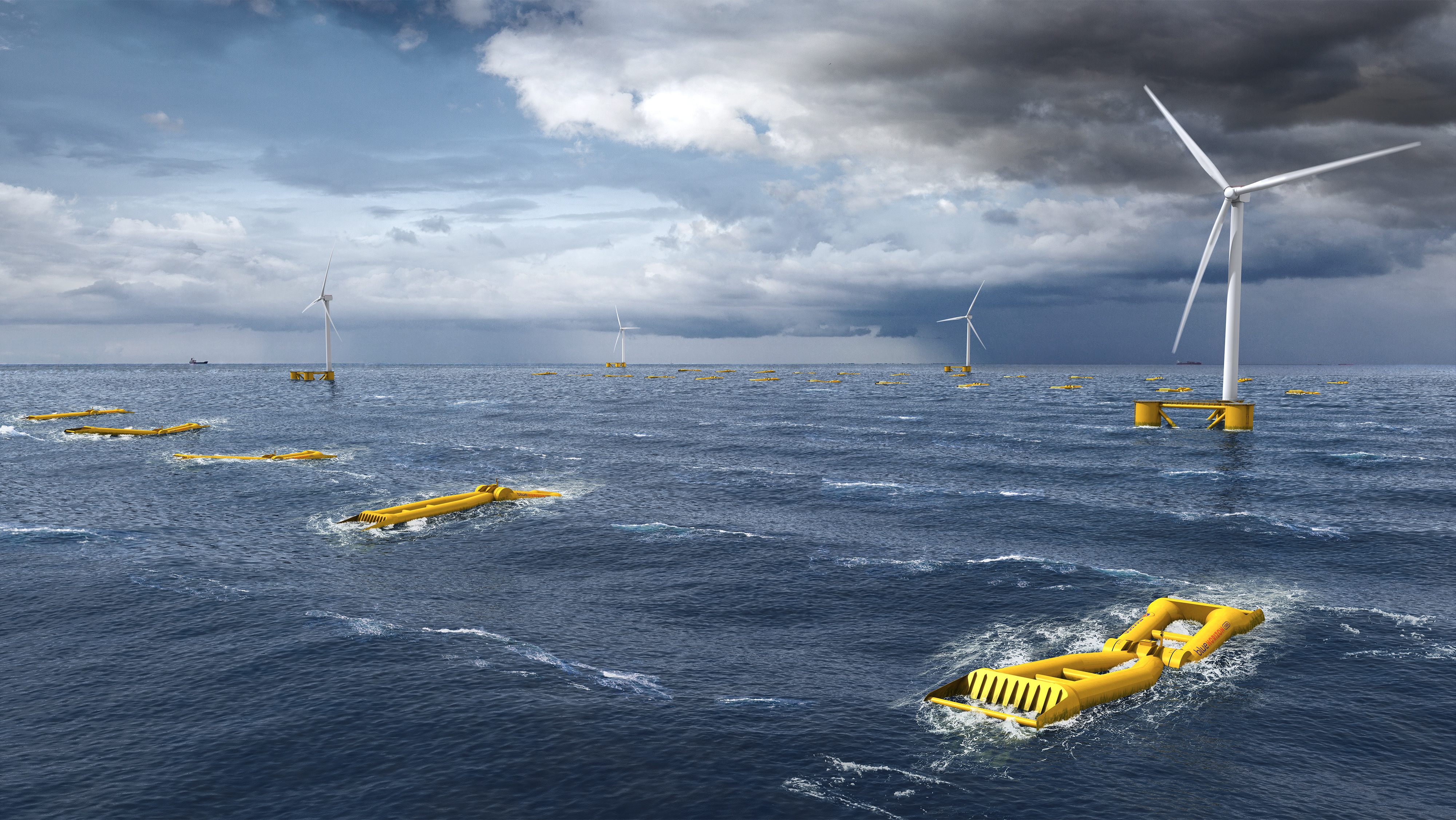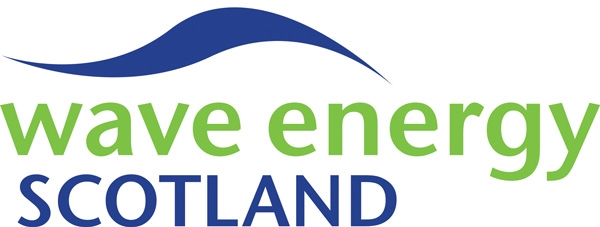Sharing infrastructure, services and supply chain between wind and wave energy projects can reduce the wind Levelised Cost of Energy (LCOE) by up to 7% and the wave LCOE can decrease by up to 40%. The combined LCOE of a shared project can be up to 12% lower than separate projects.
WES recently commissioned research to understand and quantify the benefits of sharing infrastructure, supply chain and services between floating wind farms and wave energy developments. WES is now sharing the report produced by OWC Ltd. to start a cross-sector dialogue around this opportunity, through discussions and facilitated workshops with stakeholders in wind and wave.
The report, titled “Wave and Floating Wind Energy - Opportunities for Sharing Infrastructure, Services and Supply Chain”, investigated a series of scenarios covering the full range of sharing opportunities, with promising conclusions. Cost reductions are shown to be available to both wind and wave technologies without needing to consider fully hybrid wind/wave platforms - an option considered to be too high-risk at this stage by most stakeholders.
LCOE benefits can be accrued through two wave scale-up pathways when collocated with wind projects in high wave energy sites. Depending on the technology type, wave can be integrated by placing individual megawatt-scale devices in clusters between floating wind turbines or by mounting numerous wave devices on a versatile floating platform. This platform could be similar to the floating wind substructures, sharing their supply chain and manufacturing processes.
Tim Hurst, WES Managing Director said:
"The conclusions from this report provide a promising starting point for cross-sector discussions, supporting the launch of a more detailed optimisation and feasibility study, and WES looks forward to progressing this development for the sector."

Artist impression image credit: Mocean Energy
Jonathan Hodges, WES Innovation and Strategy Manager added:
"Bringing together wave and wind energy has the potential to reduce cost of energy, smooth the renewables generation profile, increase local content of projects and would deliver a world-leading wave energy industry while facilitating the achievement of European Commission SET-Plan targets."
The Wave Energy Scotland programme has delivered two large-scale proof-of-concept wave energy converters and a range of supporting technologies. WES continues to support the wave energy sector towards commercialisation, in the key market of utility-scale generation as well as a range of alternative markets on our doorstep and beyond. Meanwhile, Scotland is on embarking on the creation of a huge supply chain and services network to satisfy the massive offshore wind capacity leased through the ScotWind programme. These steps bring potential for increased collaboration between the Scottish wind and wave energy sectors, bringing cost reductions, technical and socioeconomic benefits and well as the opportunity to enhance national energy security through a more-varied generation portfolio.
Download our Wave/Wind prospectus.
Download the full OWC report here.

